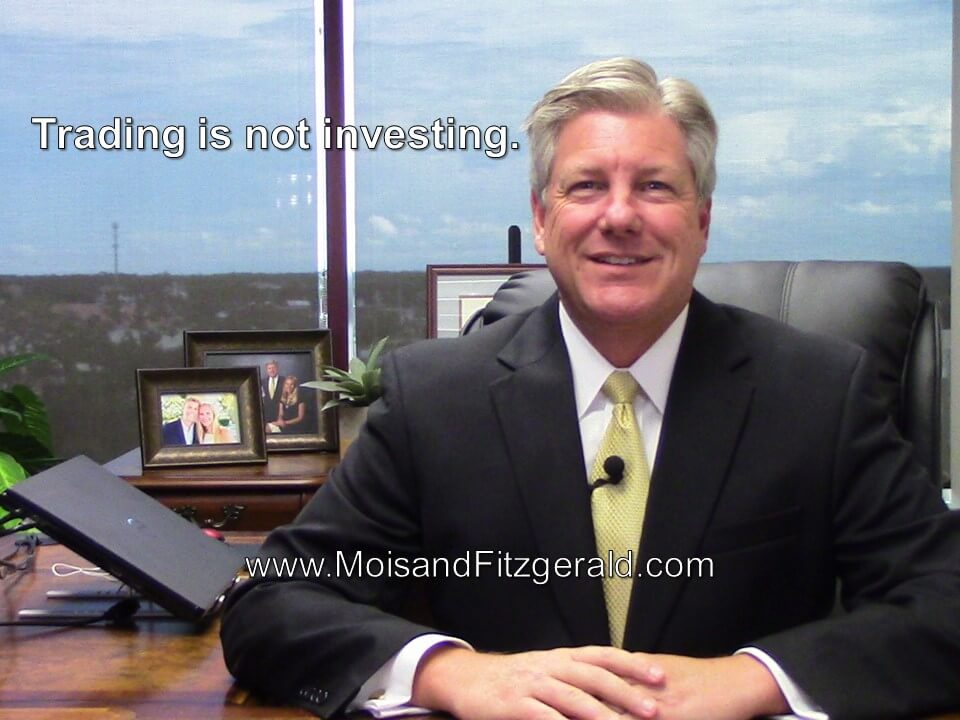<
Does predicting the health of the economy improve investment results?
The health of the economy is important for many reasons. When the economy is strong, more people are employed, and more businesses turn a profit. And if you own stocks, you own a piece of those businesses. Thus, it makes perfect sense that economic issues garner a lot of attention from the investing public, the media, and politicians.
The media has a steady stream of economic data to report and dissect. Plus, politicians tout their policies as good for the economy and their opponent’s as bad. Given the attention, one might be under the impression that predicting the health of the economy would produce better investment results than those attained by ignoring economic predictions and simply investing over the long term in a diversified, patient, and disciplined manner.
But the markets simply don’t work that way, and never have. While the two sync up from time to time, the relationship between the economy and changes in stock prices is not matched in the short term or the long term.
While the two sync up from time to time, the relationship between the economy and changes in stock prices is not matched in the short term or the long term.
If you have been investing in financial markets for any length of time, you have seen many instances where the stock market behaved in ways that ran contrary to the health of the economy. You have seen bad markets in good times and good markets in bad times. The Coronacrash and subsequent recovery is just the latest example, albeit one of the most dramatic. This behavior aligns with a few principles which have held consistently over market history.
The economy and the market are two different animals
First, markets react to new information quickly. As new information arrived about the unique nature of COVID-19, the S&P 500 index dropped. Other than the one-day shock in 1987, the Coronacrash was the fastest decline of 20% or more the S&P 500 index had ever experienced in its 94-year history. It reached its low down 34%, interrupted by five days in which the Dow rose at least 1,000 points.
Second, markets are driven by relatively few securities. The S&P 500 index had fully recovered in August, but most stocks had not. This is not unusual. In fact, a “narrow market” is more the norm than the exception. (See Why many investment managers deliver poor results.)

The third principal is that markets are “forward looking.” In simple, practical terms, this means the market fluctuates based on the consensus of what market participants think the future will hold. This is the most common intuitive explanation for why markets often rise when the economy is not doing well. It rises because enough market participants think things will improve.
There is no announcement or horn which blows signaling that the consensus has turned positive, it just happens and often happens quickly. We saw it occur with COVID-19. Markets started going up and rose quickly as economic news was getting worse. We don’t make predictions about markets but we described this possibility in our post, Why and how markets recover.
Economic predictions don’t help
These three (and other) principles support our strategy that one is far more likely to have a successful investment experience by investing for the long term rather than trying to trade around short-term data or predictions about future events. Nonetheless, some people are obsessed with trying to predict economic health and maneuvering a portfolio based on those predictions; however, this has always been a low probability approach because it requires too many correct predictions to work.
…one is far more likely to have a successful investment experience by investing for the long term rather than trying to trade around short-term data or predictions about future events.
Try to keep all this in mind as we near the election. Politicians always say their opponent’s economic policies will be devastating. Despite their strong desire for a healthy economy, almost every President in modern times faced a recession and significant stock market declines during their time in office. It matters who wins our elections, of course, and you should support the candidates you think will serve our country best.
But, when it comes to investing, following our firm’s mantra of diversification, patience, and discipline and applying it consistently over time is likely to produce a better result than moving money around based on economic predictions. Invest, don’t speculate.

